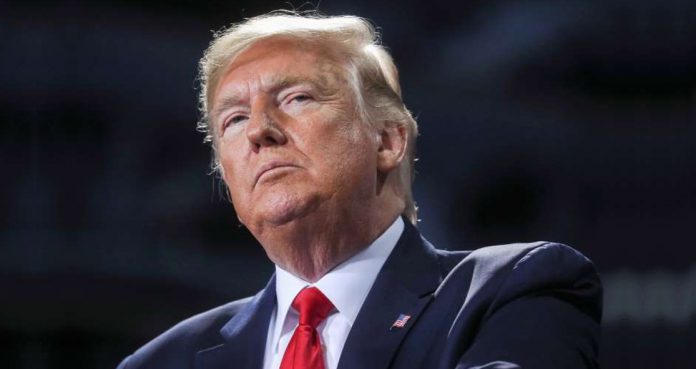On February 18, 328 Americans were quarantined from the Diamond Princess cruise ship that is docked in Yokohama, Japan. Of those people, 14 were found to be infected with the new coronavirus, aka COVID-19, while more are waiting for the diagnosis.
The patients were tested positive after bringing them home, prompting a controversial debate between the State Department and the Centers for Disease Control and Prevention (CDC). The State Department went ahead with the evacuation, which got its way, while the CDC recommended against it.
According to reports, President Donald Trump was not informed that the protocol would be respected and people repatriated despite testing positive. He was furious that such a decision had been made. Trump and the White House have publicly not commented on the repatriation.
In 2014, the US officials dealt with the repatriation of medical workers who had contracted Ebola while treating patients in West Africa. At the time, Trump was adamant that the workers should not be brought back to the nation.
In fact, he had called for shutting down borders and keeping them out of the country. He warned that people who “go to faraway places to help out are great, but must suffer the consequences!” In addition, he implemented a protocol that refused visa applications from countries with Ebola outbreak.
However, this time around, there could be some ground to Trump’s concerns. The Diamond Princess evacuation seems like there was a rush to address the passengers’ discontent than due diligence.
CDC Executive Anne Schuchat, who advised against the evacuation, thought that it could have been safe if the officials would have kept infected people in Japan, the course of action that was initially considered for the US passengers.
On the other hand, the State Department trusted the safety precautions put in place on the plane by separating the infected passenger in an enclosure in the plane.
Infectious disease experts shared the CDC’s concern; however, the Department of Health and Human Services (HHS) supported the decision of the State Department.
Interestingly, Trump’s people from the State Department made the decision of repatriation, which the president later considered reckless, a risky move that raised concerns among experts.
Some more evacuated passengers have been tested positive since homecoming, suggesting that other healthy passengers might have been infected. All of the passengers will be in quarantine for 14 days between military bases and medical centers.























